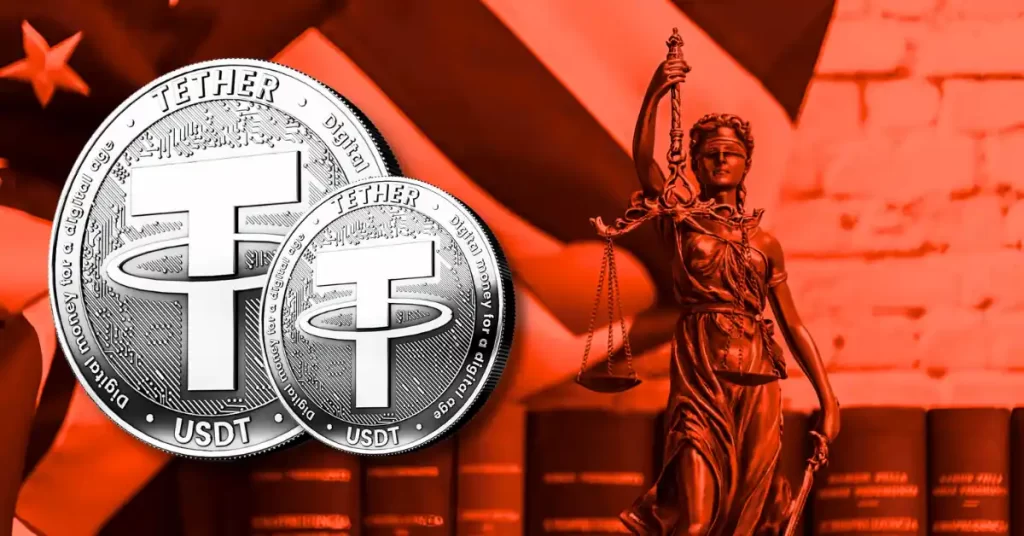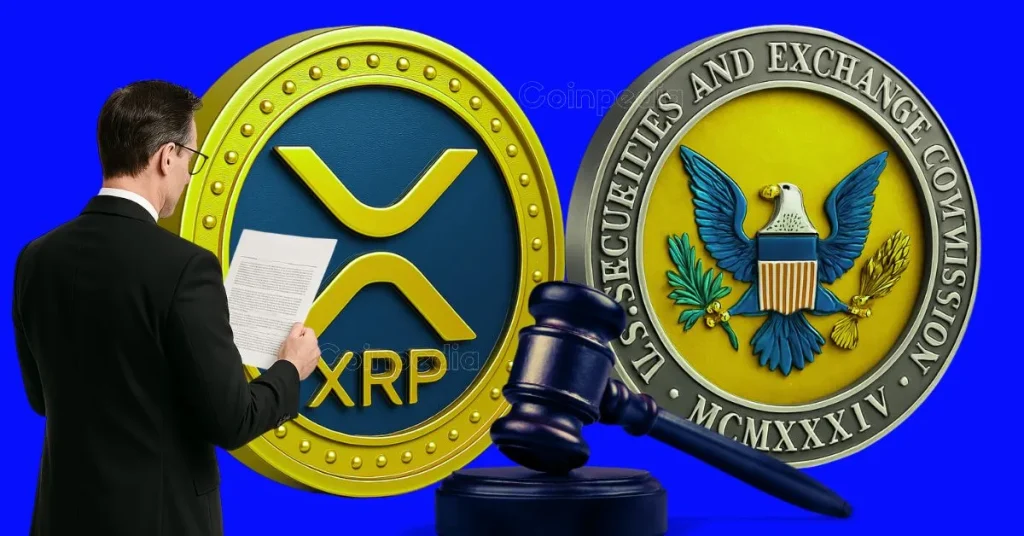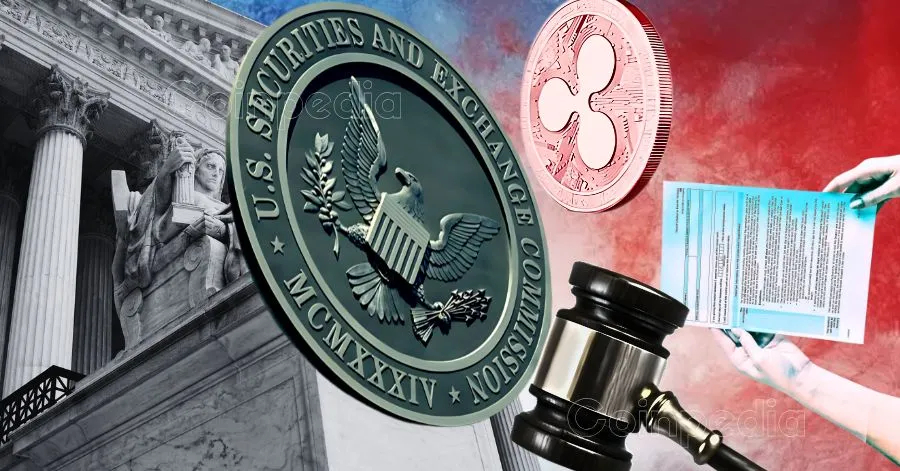Elizabeth Warren Slams Stablecoin Bill, Says “This Helps Musk and Trump Get Rich”



The post Elizabeth Warren Slams Stablecoin Bill, Says “This Helps Musk and Trump Get Rich” appeared first on Coinpedia Fintech News
The GENIUS Act, a bipartisan bill to regulate payment stablecoins , is now at the center of a major controversy. U.S. Senator Elizabeth Warren has raised alarms, warning that billionaires like Elon Musk and Jeff Bezos could abuse the system if critical loopholes aren’t fixed.
Her warning has ignited a heated debate in the crypto community and among lawmakers. So, what exactly is the GENIUS Act , and why is it drawing so much attention?
What Is the GENIUS Act?
The GENIUS Act is a proposed U.S. Senate bill aiming to establish a federal framework for payment stablecoins. It sets out:
-
Rules for issuance and transparency
-
Reserve requirements for stablecoin providers
-
Clear oversight roles for regulators
The bill recently cleared a cloture vote and is now headed for a full Senate floor vote, where several amendments are expected to be considered.
Warren’s Warning: “Billionaires Could Track Your Spending”
Senator Elizabeth Warren took to X (formerly Twitter) to issue a sharp warning:
“If Congress doesn’t fix the GENIUS Act, billionaires like Elon Musk and Jeff Bezos could launch stablecoins that track your purchases, exploit your data, and squeeze out competitors.”
Warren’s statement highlights a key concern: if tech giants gain control over both stablecoin issuance and the platforms on which they operate, it could create a dangerous data monopoly.
Musk and Bezos Eyeing Stablecoins?
Elon Musk
Reports suggest Musk’s company X is exploring stablecoin integration through its X Money initiative, with the goal of enabling peer-to-peer payments and reducing transaction fees.
Jeff Bezos
Speculation is swirling that Amazon is also developing a USD-backed stablecoin , aiming to cut costs and streamline online payments.
These potential moves by tech titans are exactly what Warren fears—corporate dominance over digital money and consumer data.
The Consumer Risk: Privacy at Stake?
Stablecoin transactions are recorded on public blockchains. But if a corporation controls both the stablecoin and the user platform, it could:
-
Connect your wallet to your profile
-
Monitor spending behavior in real-time
-
Use the data for hyper-targeted ads, dynamic pricing, or even sell it to third parties
This raises major privacy and surveillance concerns.
Trump, Stablecoins, and the Politics of Regulation
Senator Warren also warned of another risk: bailouts. If corporate stablecoins crash, taxpayers might be on the hook.
Adding fuel to the fire, President Donald Trump is now tied to a controversial stablecoin project.
Trump’s Crypto Empire: World Liberty Financial
-
World Liberty Financial (WLF) was launched in 2024
-
Trump serves as “Chief Crypto Advocate”
-
His sons are listed as “
Web3
Ambassadors.”
-
A Trump-affiliated entity owns 60% of WLF and receives 75% of revenue
WLF has raised over $550 million and issued a USD1 stablecoin , backed by U.S. Treasuries and cash equivalents.
While Trump’s support for crypto aligns with his campaign promises, critics question whether there’s a conflict of interest.
- Also Read :
- Crypto Market Today: Bitcoin Dips, XRP Pulls Back, Ethereum Lags Ahead of FOMC
- ,
Supporters vs Critics: The Stablecoin Divide
Not everyone agrees with Warren.
-
Fred Rispoli, a pro-crypto lawyer, argues the GENIUS Act could break big banks’ monopoly on consumer data.
-
Others believe corporate stablecoins could boost innovation and financial inclusion.
-
Critics also accuse Warren of hypocrisy for backing a government-run digital currency with similar data risks.
Previous concerns around money laundering, foreign coins, and corporate involvement have been partially addressed in the bill, but the privacy debate remains unresolved.
Final Vote Ahead: Will GENIUS Be Rewritten?
The GENIUS Act is still evolving. As it heads to a full Senate vote, amendments may reshape its final form.But one thing is clear: the outcome will significantly impact the future of stablecoins in the U.S.—and the power tech giants may (or may not) have over them.
Never Miss a Beat in the Crypto World!
Stay ahead with breaking news, expert analysis, and real-time updates on the latest trends in Bitcoin, altcoins, DeFi, NFTs, and more.
FAQs
The GENIUS Act is a proposed US Senate bill aiming to establish a federal framework for payment stablecoins, setting rules for issuance, reserves, and regulatory oversight.
Corporate-controlled stablecoins could link wallets to profiles, monitor spending, and use data for targeted ads or sales, raising significant privacy concerns.
Donald Trump is “Chief Crypto Advocate” for World Liberty Financial (WLF), a stablecoin project, with a Trump-affiliated entity owning 60% and receiving 75% of revenue.

Ripple vs SEC Lawsuit Update: XRP Price Falls 7% as Legal Expert Dismisses New Filing
The post Ripple vs SEC Lawsuit Update: XRP Price Falls 7% as Legal Expert Dismisses New Filing appea...

Breaking: Ripple Fights Back, Latest Legal Move Could Finally End Its SEC Lawsuit
The post Breaking: Ripple Fights Back, Latest Legal Move Could Finally End Its SEC Lawsuit appeared ...

XRP Lawsuit Fresh Update: Ripple Files New Letter Supporting Settlement Move in SEC Case
The post XRP Lawsuit Fresh Update: Ripple Files New Letter Supporting Settlement Move in SEC Case ap...

